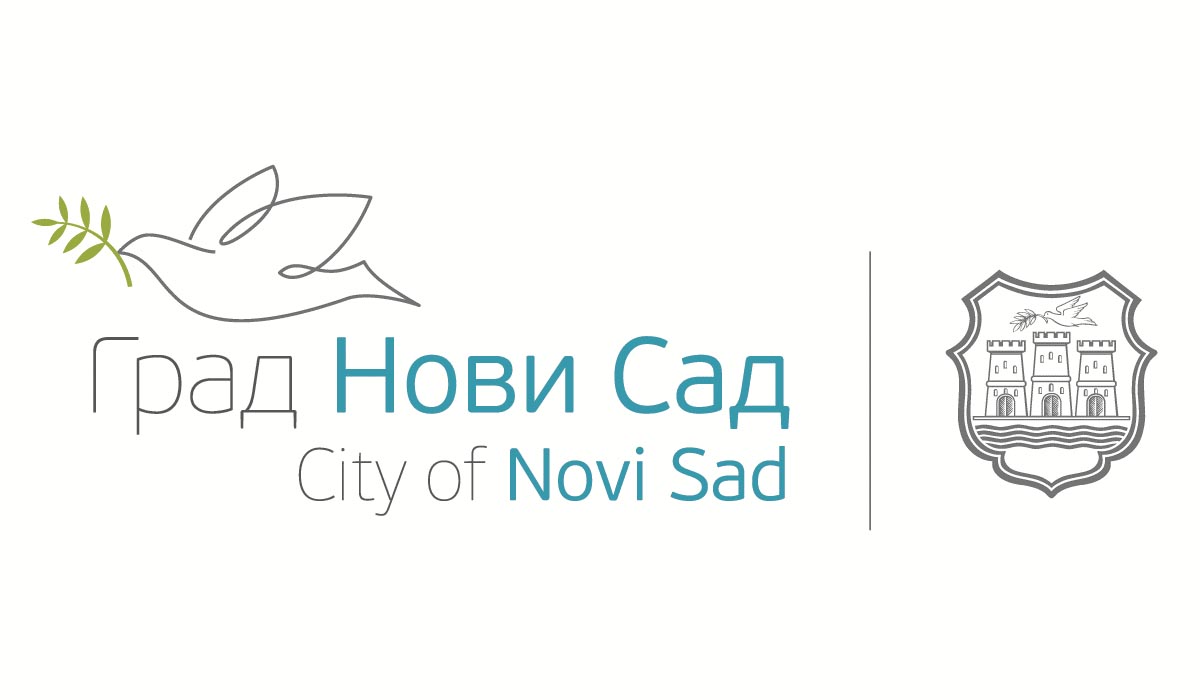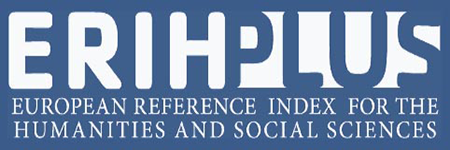ENGAGED INTELLECTUALISM AND THE ETHICS OF RESPONSIBILITY HISTORIOGRAPHY WORK OF TONY JUDT
Keywords:
Tony Judt, historiography, the twentieth century, Marxism, the Left, the intellectual history, French intellectuals
Abstract
The paper analyzes the historiography work of an American historian of the English origin, Tony Judt (1948-2010), focusing on the specifics of his approach to historiography, intellectual history, and the criteria of ethical selection. There were distinguished three stages of his work, which led to the structure of the work: the study of Marxism, intellectual history, and public engagement. There was especially analyzed his relationship to Marxism and the distinction ideas of so called historical Marxism and theoretical Stalinism, on which basis he accused leading French post-war intellectuals of their affection for totalitarianism. During the last phase, the focus was on Judt’s critique of the American interventionism and Jewish policy in Palestine, and especially on his critique of the values of the contemporary world, which brought him back to the ideas of theoretical Marxism. Judt’s approach to historiography through the intellectual history tended to de-ideologization of science. The critique of Marxism under the burden of the Soviet paradigm was conditioned by the idea of Leszek Kolakowski that Marxism as an ideology could not exculpate errors of the Communist practice. Therefore he reprehended the postwar generation of French intellectuals led by Sartre for not distancing themselves on time from the Communist ideas, i.e. from their own past. However, through the Post-Cold War perspective Judt took positions similar to the positions of the criticized intellectuals, with the main difference that it was from an era which, besides the theoretical Marxism, did not have a paradigm in a form of historical Stalinism, which should be distanced from. Judt was never a Marxist, and his idea of the necessity of Marxism, as an alternation which should be distanced from, represented the view that without radical (revolutionary) left wing, it was not possible to have a moderate left. He was one of the loudest critics of neo-liberalism, which he attempted to de-legitimize in his claim to have more humane world.Downloads
Download data is not yet available.
Issue
Section
Articles












